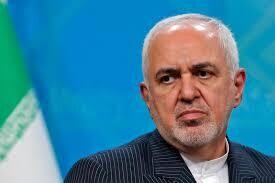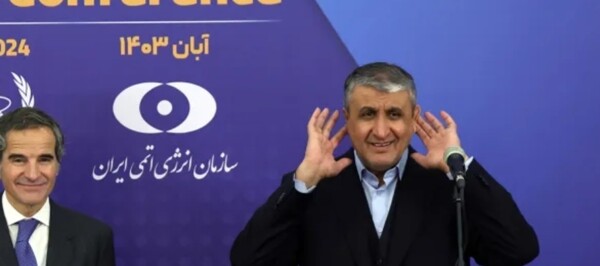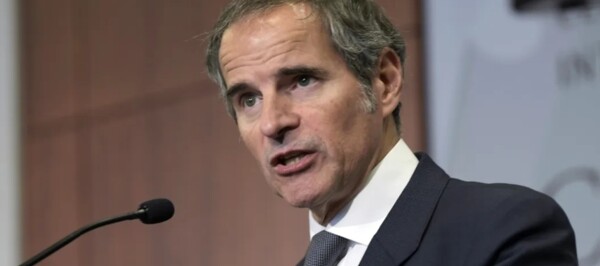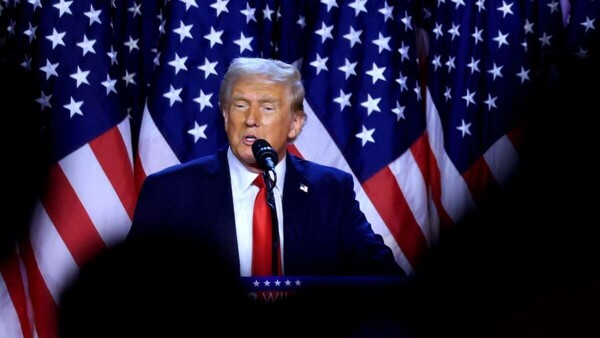
The Iranian rial has reached a historic low, exceeding 920,000 per U.S. dollar, reflecting the negative impact of international sanctions imposed by the United States under the "maximum pressure" strategy during Donald Trump's administration. This situation is attributed to a supposed unofficial agreement between Washington and Qatar, according to the state agency ISNA, which has prevented Iran from accessing vital funds. Despite the economic crisis, Iranian authorities remain steadfast in their decision not to engage in negotiations with the United States.
The Speaker of the Iranian Parliament, Masoud Pezeshkian, compared the severity of the current economic crisis to the eight-year war against Iraq, emphasizing the difficult economic landscape at present. On the other hand, Iranian Vice President Mohammad Javad Zarif submitted his resignation during a time of economic and political tensions. Although ISNA stated that his resignation is not linked to the government's refusal to engage in talks with Washington, some voices suggest that Zarif, known for his role in the 2015 nuclear agreement, sought to reactivate dialogue by joining Pezeshkian's cabinet.
With the economy on the brink of collapse, frozen assets abroad, and growing isolation on the international stage, Iran finds itself in a critical situation. The inability to access financial assets, the paralysis of energy trade, and dominant economic pressures have exacerbated the crisis. Pezeshkian emphasized that financial difficulties are also due to outstanding debts from other countries, while Iranian oil tankers and gas carriers remain stranded at sea, unable to complete their deliveries.
In the midst of this challenging scenario, the position of the Islamic Republic of Iran remains confrontational towards the United States, with Supreme Leader Khamenei making it clear that there will be no dialogue with Washington. Despite the gravity of the situation, Tehran is determined to withstand external pressures, maintaining its confrontational stance. Iran is at one of its most critical moments in recent decades, facing a complex economic and political situation that affects its internal stability and its position on the international stage.













